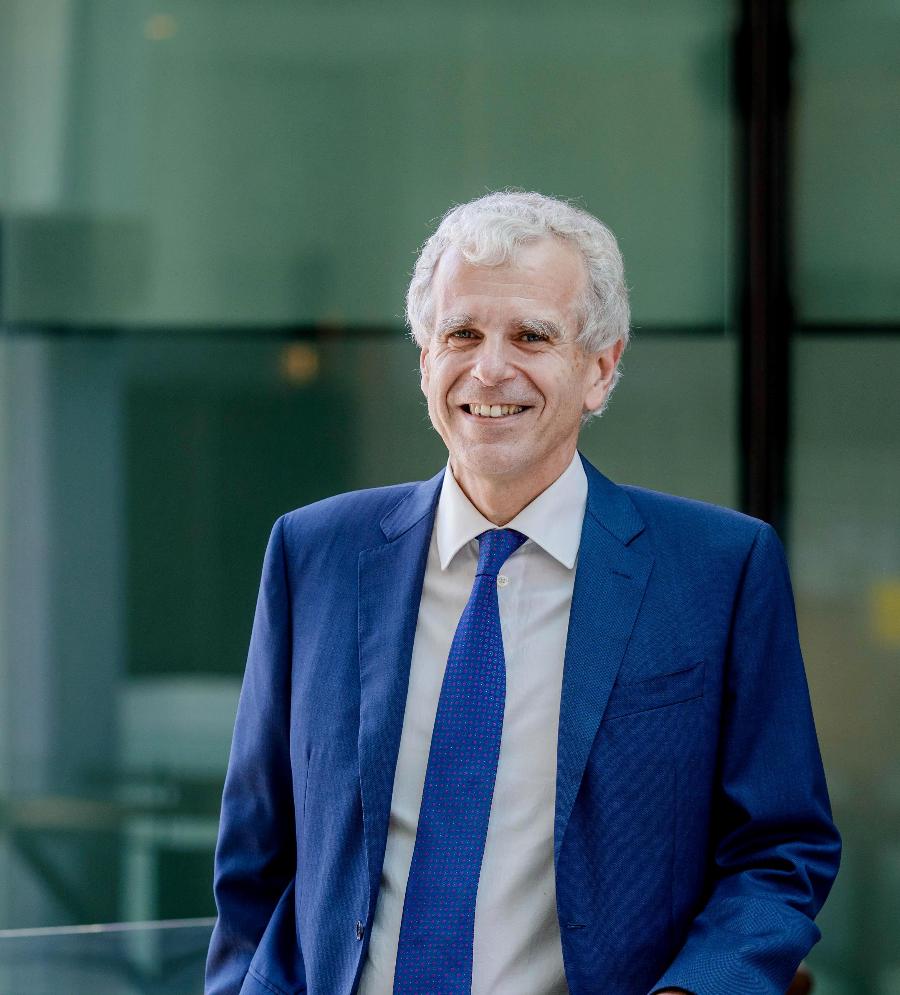Message from the Executive Dean
 As I write this editorial, I am working from home, a location many of us have become more familiar within the context of the COVID-19 pandemic. It seems in 2020 we have moved from the crisis of the bushfires over summer, to a new socially distanced world without drawing breath. This has placed considerable strain on our community, staff and students. I am delighted to report that despite these stressors The University of Queensland and the Faculty of Medicine have rallied to the challenge, which is a testimony to the quality of our people. The response of UQ and the Faculty of Medicine has been measured, empathetic and evidence-based. As a consequence, we find ourselves in very new circumstances, but still delivering on our key educational and research missions.
As I write this editorial, I am working from home, a location many of us have become more familiar within the context of the COVID-19 pandemic. It seems in 2020 we have moved from the crisis of the bushfires over summer, to a new socially distanced world without drawing breath. This has placed considerable strain on our community, staff and students. I am delighted to report that despite these stressors The University of Queensland and the Faculty of Medicine have rallied to the challenge, which is a testimony to the quality of our people. The response of UQ and the Faculty of Medicine has been measured, empathetic and evidence-based. As a consequence, we find ourselves in very new circumstances, but still delivering on our key educational and research missions.
At the beginning of this semester we commenced our traditional, predominantly campus-based, face-to-face teaching. With growing insights into a likely pandemic, our highly able teaching teams examined the option of delivering our programs wholly online. This was achieved within four short weeks. Using our learning management system, zoom and other online resources, our innovative staff have created a learning environment that is engaging and effective. To complete this transition, we are now examining ways of performing invigilated assessments on individual student laptops. This is an extraordinary transformation in our approach to learning, and I am very proud of the collegiality of our staff and students in achieving this outcome.
The clinical teaching environment has been more challenging. The stresses of preparing for a surge in patients with SARS-CoV-2 resulted in many of our clinical placements being cancelled and, at one point, we withdrew our students to better prepare for the newly configured health system. As the growth curve of infected patients reduced, our strong relationships resulted in the reinstatement of clinical placements, albeit in new forms. I believe this crisis has strengthened our health system partnerships, which augurs well for the future.
Our research mission continues but has been affected in different ways. We have developed and implemented a strong program of SARS-CoV-2 aligned research. Professor David Paterson, in collaboration with colleagues in Melbourne, is involved in a trial testing the efficacy of currently registered medications for the treatment of SARS-CoV-2 infection. I would also like to acknowledge the global data network created and analysed by Professor John Fraser at the Prince Charles Hospital. His work is attempting to establish prognostic algorithms in SARS-CoV-2–infected patients in the Intensive Care Unit. This is a wonderful collaboration of clinicians, data scientists, IBM and many others. At a UQ level, the work of Paul Young and his team to develop a SARS CoV-2 vaccine is being watched globally as the next step in infection control. I am also aware of many other groups embarking on SARS-CoV-2–related research. Our more routine research continues, albeit in a new form. I am been very impressed by the ingenuity of our researchers to maintain productivity in various ways and hope this will assist as we draw out of the pandemic response.
I believe our response to the SARS-CoV-2 pandemic is a testimony to the quality, resilience and tenacity of our staff and students. This, in a more routine way, is demonstrated in the stories of this edition of UQmedicine. They highlight efforts to improve sustainability in Australia’s health system, the use of novel technologies to improve cancer treatments, and initiatives to improve Indigenous health care and support.
Thank you for your support of the Faculty of Medicine, and I hope that the next time you read this editorial it will have been written in my office in the Mayne Medical building.
I hope you enjoy the journey.
Professor Geoff McColl
Executive Dean, Faculty of Medicine
